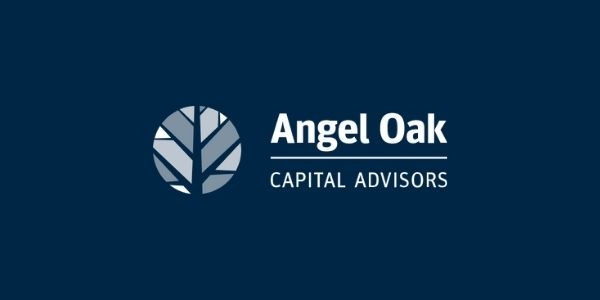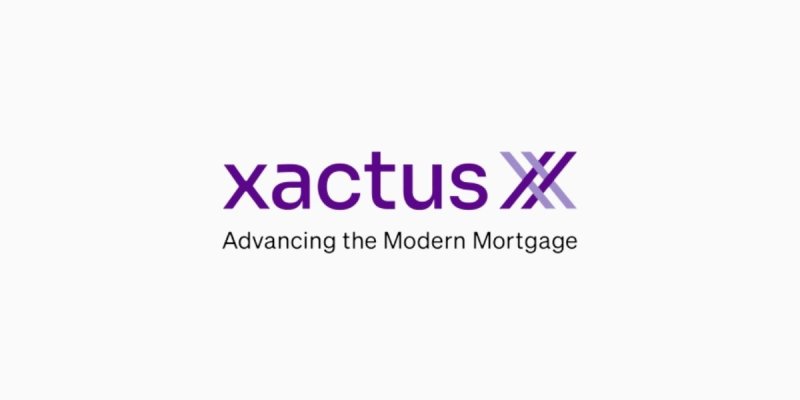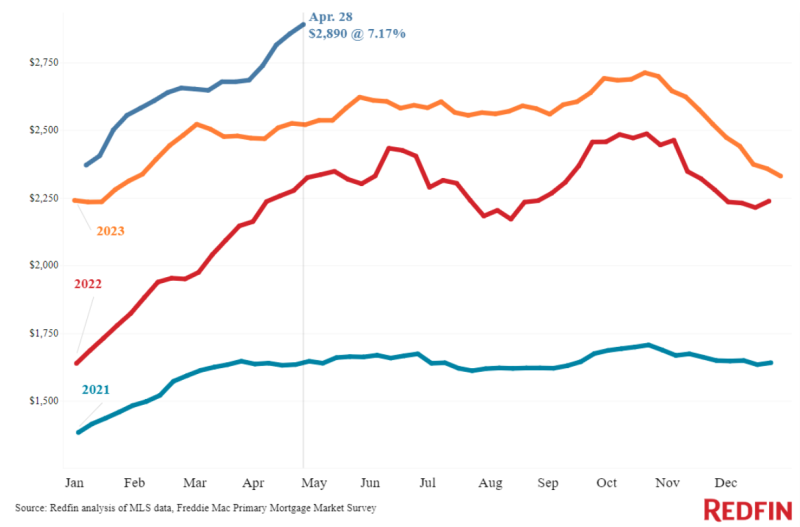
SEC: Angel Oak Capital Advisors Misled Investors

Company, portfolio manager agree to pay $1.825M combined in civil penalties.
The Securities and Exchange Commission today charged Atlanta-based Angel Oak Capital Advisors LLC and its portfolio manager Ashish Negandhi with misleading investors about the firm’s fix-and-flip loan securitization’s delinquency rates.
Angel Oak and Negandhi have agreed to settle charges and pay a penalty of $1.75 million and $75,000, respectively, the SEC said.

According to the SEC’s order, in March 2018 Angel Oak raised $90 million through a first-of-its-kind securitization of loans made to borrowers for the purpose of purchasing, renovating, and selling residential properties, also known as “fix-and-flip” loans, which were originated by an Angel Oak-affiliated entity.
The deal included a provision that would accelerate Angel Oak’s obligation to return money to certain investors if delinquencies reached a predefined threshold. Shortly after the deal closed, loan delinquency rates increased unexpectedly.
Concerned about the reputational and financial harm its securitization business would suffer from an early repayment, Angel Oak and Negandhi artificially reduced delinquency rates by improperly diverting money — ostensibly held to reimburse borrowers for renovations made to the mortgaged properties — to instead pay down outstanding loan balances.
Because Angel Oak and Negandhi did not disclose these actions, the SEC said, the performance data regularly disseminated to investors provided an inaccurate view of the actual delinquency rates on the mortgages in the securitization pool, as well as the securitization’s compliance with the early repayment trigger.
“Angel Oak and Negandhi failed to disclose the firm’s improper use of funds while continuing to issue larger securitizations, which painted a misleading picture for investors,” said Osman Nawaz, chief of the Division of Enforcement’s Complex Financial Instruments Unit. “Firms must provide investors with full and accurate information regarding the performance of an investment, even after closing, to ensure the integrity of our markets.”
The SEC’s order finds that Angel Oak and Negandhi violated the antifraud provisions of the Securities Act of 1933, and that Angel Oak violated, and Negandhi caused Angel Oak’s violation of, the antifraud provisions of the Investment Advisers Act of 1940. Without admitting or denying the SEC’s findings, Angel Oak and Negandhi agreed to a cease-and-desist order, a censure, and to pay the civil monetary penalties.
The SEC’s investigation was conducted by Christina Adams and William Finkel, with assistance from Karaz Zaki and Dan Nigro of the Enforcement Division, and Adam Yonce and Connor Hurley of the Division of Economic and Risk Analysis. The investigation was supervised by Fuad Rana.
A spokesperson for Angel Oak provided a statement from the company.
"While not admitting or denying the findings, Angel Oak Capital Advisors accepts the ruling set forth by the SEC relating to a 2018 securitization involving fix-and-flip mortgage loans," the statement said. "The Angel Oak affiliate mortgage company has not originated these loans since 2019 and all senior noteholders in the securitization received full payment of principal and interest."




